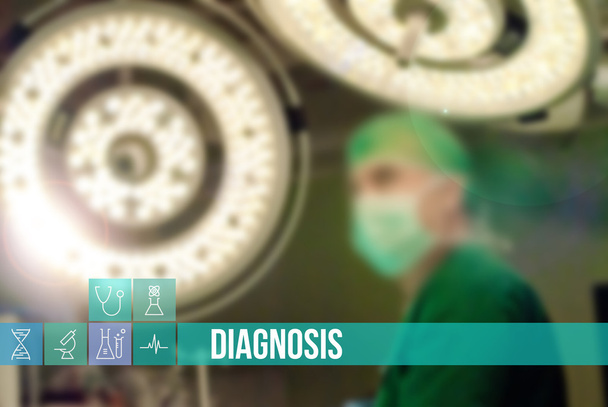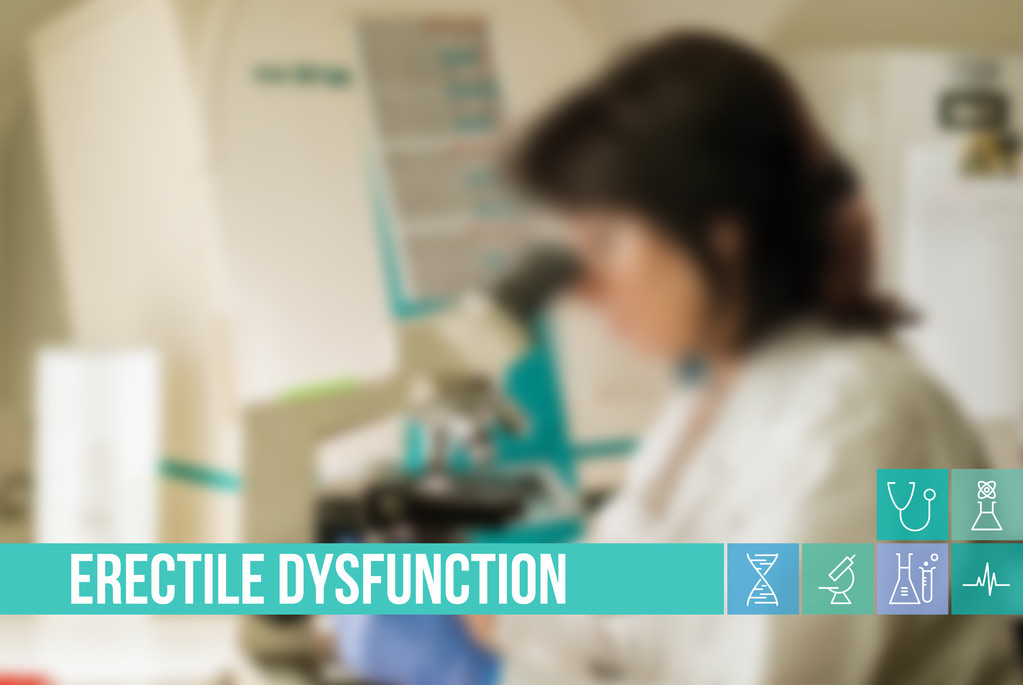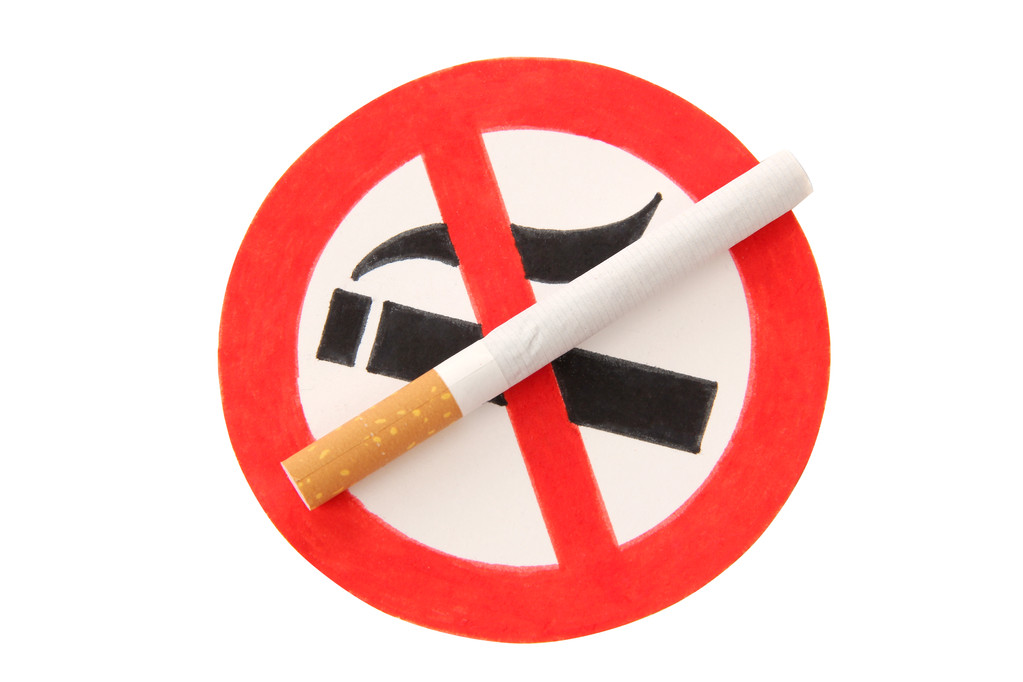Medically Reviewed by:
Name: Ezire Lilian Chinwe
Description: A highly motivated and licensed biomedical scientist with over 7 years of experience, dedicated to advancing healthcare through innovative research and analysis. Expertise includes genetics, microbiology, and immunology with a commitment to staying at the forefront of scientific advancements.
Erectile Dysfunction: Silence Break and Solutions Found
Erectile Dysfunction (ED) is a medical condition characterized by the consistent inability to achieve or sustain an erection firm enough for satisfactory sexual performance. It is a multifaceted issue influenced by various physical, psychological, and contextual factors. It’s crucial to understand that ED is not merely a part of aging; it can be a symptom of underlying health issues that need attention. Erectile Dysfunction is a topic often shrouded in silence and embarrassment. Yet, it’s a prevalent condition that affects a significant number of men worldwide.

Causes of Erectile Dysfunction:
Vascular Causes
Atherosclerosis: The buildup of fatty deposits in the arteries can restrict blood flow to the penis, impeding the ability to achieve or maintain an erection.
Hypertension (High Blood Pressure): Elevated blood pressure can damage blood vessels, affecting the flow of blood to the erectile tissues.
Neurological Causes
Multiple Sclerosis: This neurological condition disrupts the communication between the brain and the rest of the body, potentially affecting nerve signals required for an erection.
Parkinson’s Disease: Neurological changes associated with Parkinson’s disease can contribute to ED.
Hormonal Causes
Testosterone Deficiency: Low levels of testosterone, the primary male sex hormone, can result in a decreased libido and difficulty achieving an erection.
Thyroid Disorders: Imbalances in thyroid hormones can impact sexual function.
Medications
Antidepressants: Some antidepressant medications, particularly selective serotonin reuptake inhibitors (SSRIs), can cause sexual side effects, including ED.
Antihypertensives: Certain blood pressure medications may contribute to ED.
Prostate Medications: Drugs used to treat enlarged prostate (benign prostatic hyperplasia) can impact sexual function.
Psychological Causes
Stress: High levels of stress can interfere with the relaxation of the smooth muscles in the penis, hindering the ability to maintain an erection.
Anxiety and Depression: Mental health conditions can contribute to ED, often creating a cycle where ED causes further emotional distress.
Relationship Issues

Communication Problems: Poor communication or unresolved conflicts within a relationship can lead to stress and negatively impact sexual function.
Intimacy Issues: A lack of emotional intimacy or connection with a partner can contribute to ED.
Lifestyle Factors
Smoking: Tobacco use damages blood vessels, reducing blood flow to the penis.
Excessive Alcohol Consumption: Chronic alcohol abuse can lead to nerve damage and hormonal imbalances contributing to ED.
Obesity: Excess body weight is associated with conditions like diabetes and cardiovascular disease, both of which are linked to ED.
Pelvic and Genital Issues
Peyronie’s Disease: Scar tissue formation in the penis can cause curvature and impact erectile function.
Priapism: Prolonged, painful erections unrelated to sexual arousal can damage the penile tissue.
Age-Related Changes
While aging itself is not a cause of ED, advancing age is often associated with an increased likelihood of developing other conditions (e.g., vascular issues, hormonal changes) that contribute to ED.
Chronic Diseases
Diabetes: High blood sugar levels can damage blood vessels and nerves, affecting erectile function.
Kidney Disease: Impaired kidney function can lead to hormonal imbalances contributing to ED.
Trauma and Surgery
Pelvic Trauma: Injuries to the pelvic region, such as those sustained in accidents, can result in ED.
Prostate Surgery: Procedures like prostatectomy can damage nerves and tissues crucial for normal erectile function.
Illegal Drug Use
Recreational Drugs: Certain illicit substances, such as cocaine and methamphetamine, can contribute to ED.
Symptoms of Erectile Dysfunction:
Difficulty Achieving an Erection: The most common and noticeable symptom is the consistent inability to achieve an erection suitable for sexual activity.
Difficulty Maintaining an Erection: Some individuals may be able to achieve an erection initially but struggle to keep it firm enough throughout sexual activity.
Reduced Sexual Desire: While ED primarily involves difficulties with the physical aspect of achieving and maintaining an erection, it can also be associated with a decrease in sexual desire or libido.
Erection Inconsistency: In some cases, men may experience intermittent episodes of ED, where they can achieve an erection on certain occasions but not consistently.
Early or Premature Ejaculation: ED can sometimes coexist with premature ejaculation, where ejaculation occurs sooner than desired, contributing to overall dissatisfaction with sexual performance.
Delayed Ejaculation: On the other hand, some men with ED may experience a delay in ejaculation, making it challenging to reach climax.
Emotional Distress or Psychological Symptoms: ED can lead to emotional and psychological issues such as stress, anxiety, or a decrease in self-esteem. These emotional factors may further contribute to the problem in a cyclical manner.
Relationship Strain: Persistent ED can lead to relationship difficulties and strain, especially if there is a lack of understanding or effective communication between partners.
Diagnosis:

The diagnosis of Erectile Dysfunction (ED) typically involves a comprehensive evaluation by a healthcare professional. Here’s an overview of the diagnostic process:
Medical History
The healthcare provider will begin by taking a detailed medical history, including information about overall health, lifestyle, and sexual function.
Specific questions may be asked about the onset and duration of ED symptoms, any triggering events, and any associated factors such as stress, anxiety, or relationship issues.
Physical Examination
A physical examination may be conducted to assess overall health and identify any physical factors contributing to ED.
The examination may include an assessment of blood pressure, heart rate, and signs of hormonal imbalances.
Blood Tests
Blood tests may be ordered to check for underlying medical conditions such as diabetes, cardiovascular disease, or hormonal imbalances.
Tests may include a lipid profile, blood glucose levels, and hormone assessments, including testosterone levels.
Psychosocial Assessment
Understanding the psychological aspects is crucial. The healthcare provider may inquire about stress levels, anxiety, depression, and relationship dynamics.
Psychological assessments may be conducted to identify any mental health issues contributing to ED.
Questionnaires
Patients may be asked to complete specific questionnaires that assess sexual function and satisfaction. These tools can provide additional insights into the severity and impact of ED.
Nocturnal Penile Tumescence (NPT) Test
This test measures spontaneous erections that occur during sleep. It helps differentiate between physical and psychological causes of ED.
Devices like a nocturnal penile rigidity monitor may be used to record changes in penile circumference and rigidity during sleep.
Imaging Studies
Imaging studies, such as ultrasound, may be conducted to assess blood flow to the penis. This can help identify vascular issues contributing to ED.
Specialized Tests
In some cases, additional specialized tests may be conducted, such as dynamic infusion cavernosometry or cavernosography, to evaluate blood flow or detect structural issues within the penis.
Psychological Counseling
Psychological counseling or sex therapy may be recommended to address any emotional or relationship factors contributing to ED.
Treatment Options:

Oral Medications
Phosphodiesterase type 5 (PDE5) Inhibitors: Drugs like sildenafil (Viagra), tadalafil (Cialis), and vardenafil (Levitra) enhance blood flow to the penis, facilitating erections.
Injections and Urethral Suppositories
Alprostadil: Administered via injections or suppositories, alprostadil relaxes penile muscles and improves blood flow.
Vacuum Erection Devices
Penis Pumps: Create a vacuum that draws blood into the penis, helping maintain an erection. A constriction ring is often used to retain the blood.
Penile Implants
Inflatable or Malleable Implants: Surgically placed devices within the penis provide rigidity for sexual activity.
Testosterone Replacement Therapy (TRT)
For men with low testosterone levels, TRT can improve libido and erectile function.
Psychotherapy
Counseling: Addressing psychological factors contributing to ED, such as stress, anxiety, or relationship issues.
Preventive Measures:
Healthy Lifestyle:
Engage in regular physical activity, such as brisk walking, jogging, or cycling. Exercise promotes cardiovascular health, which is essential for proper blood flow, including to the penis.
Adopt a balanced and nutritious diet that supports overall well-being. Include fruits, vegetables, whole grains, and lean proteins.
Maintain a Healthy Weight:
Obesity is associated with an increased risk of ED. Maintaining a healthy weight through a combination of diet and exercise can contribute to overall health, including sexual function.
Limit Alcohol Intake:
Excessive alcohol consumption can impair sexual function. Moderation in alcohol intake is advisable to support sexual health.
Quit Smoking:

Smoking damages blood vessels and can contribute to ED. Quitting smoking is beneficial for both cardiovascular health and erectile function.
Manage Chronic Conditions:
Properly manage conditions such as diabetes, hypertension, and high cholesterol. Regular medical check-ups and adherence to prescribed medications are crucial.
Reduce Stress:
Chronic stress can contribute to ED. Adopt stress-management techniques such as meditation, deep breathing exercises, or engaging in relaxing activities.
Limit Recreational Drug Use:
Illicit drugs, such as cocaine and methamphetamine, can negatively impact sexual function. Avoiding recreational drug use is advisable.
Regular Check-ups:
Schedule regular check-ups with a healthcare provider to monitor overall health and address any emerging health concerns.
Communicate Openly:
Maintain open communication with your partner about sexual health and any concerns or changes you may be experiencing.
Safe Sex Practices:
Practicing safe sex can help prevent sexually transmitted infections (STIs) that may contribute to ED.
Limit Cycling Time:
Prolonged cycling, especially on a narrow or hard saddle, can put pressure on the perineum and affect blood flow to the penis. If cycling is a significant part of your routine, use a comfortable seat and take breaks to relieve pressure.
Alternative Therapies:
Alternative therapies for Erectile Dysfunction (ED) refer to non-conventional approaches that some individuals explore in addition to or instead of traditional medical treatments. It’s important to note that the effectiveness of these therapies can vary, and they may not be suitable for everyone. Here are some alternative therapies that people sometimes consider:
Acupuncture:
Acupuncture involves the insertion of thin needles into specific points on the body. Some studies suggest that acupuncture may help improve erectile function by promoting relaxation and improving blood flow.
Herbal Supplements:
Certain herbs and supplements are marketed as potential remedies for ED. Examples include ginseng, L-arginine, and ginkgo biloba. However, scientific evidence supporting their effectiveness is limited, and some may have side effects or interact with medications.
Dietary Changes:
Some individuals explore dietary modifications, including the inclusion of certain foods or supplements, to support sexual health. While a healthy diet is essential, specific dietary changes should be discussed with a healthcare provider.
Yoga and Meditation:
Practices like yoga and meditation aim to reduce stress and promote relaxation. Stress reduction may indirectly benefit sexual function by addressing psychological factors contributing to ED.
Pelvic Floor Exercises (Kegel Exercises):
Strengthening the pelvic floor muscles through exercises known as Kegel exercises may have a positive impact on erectile function. These exercises involve contracting and relaxing the muscles used to control urination.
Hypnosis:
Hypnotherapy may be explored as a way to address psychological factors contributing to ED, such as performance anxiety or stress. However, research on the effectiveness of hypnosis for ED is limited.
Aromatherapy:
Some people use essential oils, such as lavender or rosemary, for relaxation purposes. While aromatherapy may promote a sense of well-being, its direct impact on ED is not well-established.
It’s crucial to approach alternative therapies with caution and consult with a healthcare professional before trying them, especially if you are already receiving medical treatment for ED or other health conditions. What works for one person may not work for another, and safety considerations are paramount.

Conclusion
In conclusion, understanding and addressing erectile dysfunction is a crucial step towards reclaiming a satisfying and healthy sex life. By dispelling myths, seeking timely intervention, and embracing a holistic approach to health, individuals can overcome the challenges posed by ED.
Frequently Asked Questions (FAQ)
1. Is erectile dysfunction a normal part of aging?
No, while it’s more common in older men, ED is not an inevitable part of aging.
2. Can lifestyle changes alone improve erectile dysfunction?
Yes, adopting a healthier lifestyle can significantly improve erectile function.
3. Are there natural remedies for erectile dysfunction?
Some alternative therapies, such as acupuncture and dietary supplements, may provide benefits.
4. How can partners support someone dealing with erectile dysfunction?
Offering understanding, communication, and emotional support is crucial for partners.
5. Is seeking professional help necessary for erectile dysfunction?
Yes, early intervention and professional guidance can lead to effective management of ED.
Sources:
Advanced Urology Mumbai www.urologistmumbai.com/breaking-the-silence-on-erectile-dysfunction-insights-into-causes-diagnosis-and-treatment
Sofat Infertility sofatinfertility.com/news/breaking-the-silence-on-erectile-dysfunction/
Medically Reviewed by:
Name: Ezire Lilian Chinwe
Description: A highly motivated and licensed biomedical scientist with over 7 years of experience, dedicated to advancing healthcare through innovative research and analysis. Expertise includes genetics, microbiology, and immunology with a commitment to staying at the forefront of scientific advancements.









